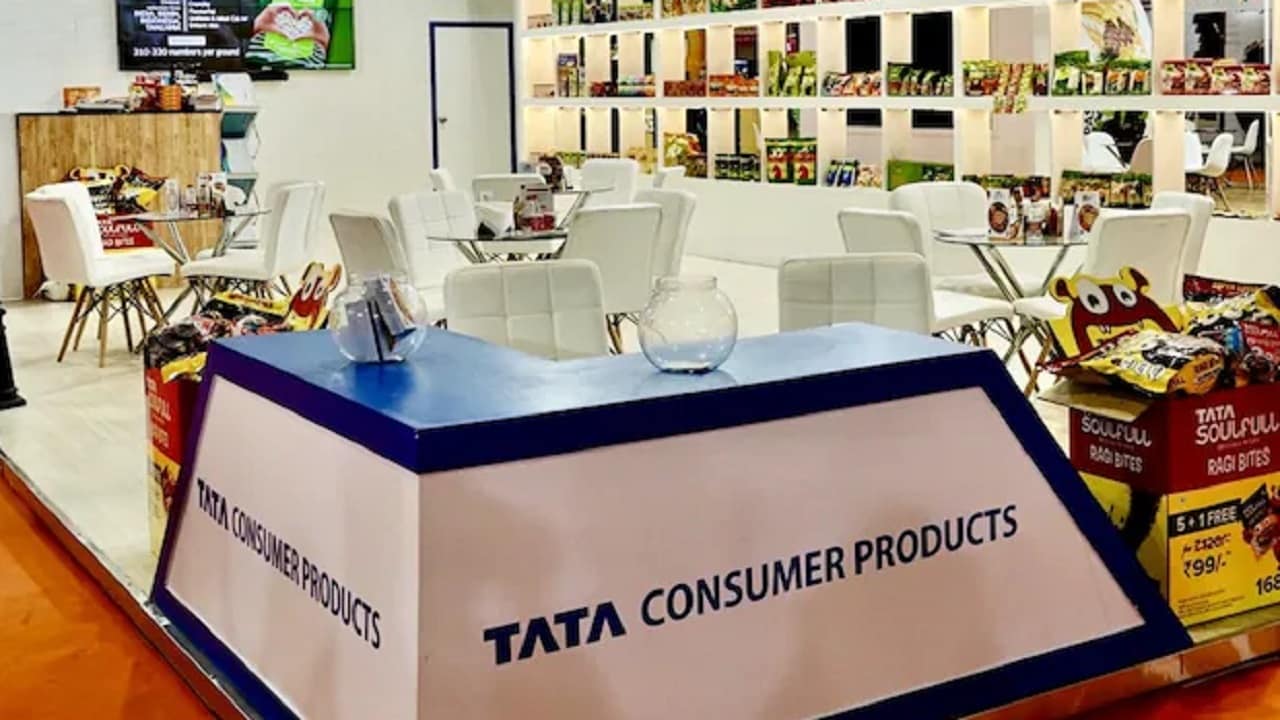
The slow recovery in rural consumption indicates that a return to double-digit growth will take time, according to Tata Consumer Products' Managing Director and CEO, Sunil D’Souza. While many fast-moving consumer goods (FMCG) industry leaders have talked about signs of recovery, D'Souza prefers to take a cautious approach. He believes the recovery will be slow partly due to adverse weather conditions, such as droughts followed by heavy rainfall, which have impacted rural areas.
Food inflation has also remained high, putting pressure on rural consumers. He anticipates some relief once the crop season begins, but fluctuating commodity prices need to be watched. Read Here | Cabinet approves ₹70,125 crore outlay for PM rural road scheme "Because there was drought in the north and then excessive rainfall, tea prices are about 25% off there.

That will start moving into the consumer domain as inventories run down. There was excess rainfall in Gujarat, and Brine has shot up. That means salt prices should be slightly higher.
Coffee, which is the latest gold among commodities, has seen Robusta hitting about $4,500, which is more than two times what it was one year back," he noted. D'Souza expects the overall premiumisation trend to continue. Despite some pressure on overall tea sales, premium and mass premium segments continue to perform well.
The lower-end segments are facing challenges, but two-thirds of the company's portfolio now consists of premium or mass premium products. Value-added salt is growing in high double-digits, while base salt is growing more modestly, he noted. Tata Consumer has a market capitalisation of ₹1,20,494 crore.
Its shares have risen 38% over the last year. For full interview, watch accompanying video Also Read | Why Morgan Stanley economist sees rural demand outpacing urban consumption in the near term.










